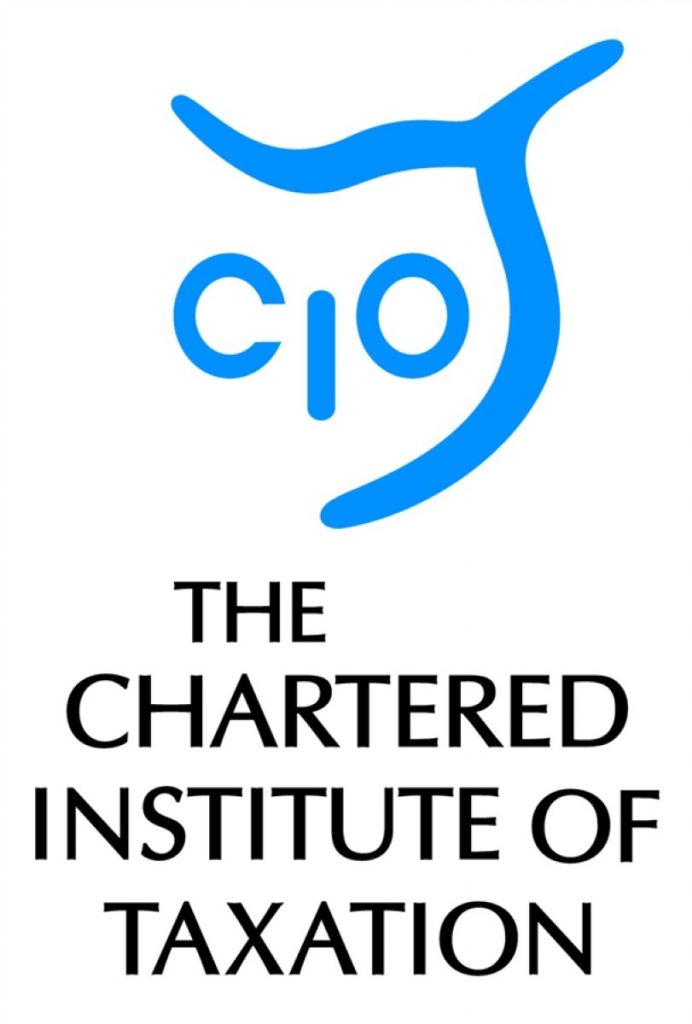Devolution of corporation tax opportunity for N Ireland, and fires the starting gun for tax competition within UK
The devolution of corporation tax is an exciting opportunity for Northern Ireland but is not a one-way bet, says the UK’s leading tax professional body.
And the Chartered Institute of Taxation (CIOT) says that the Chancellor’s announcement today ‘fires the starting gun’ for tax competition for businesses within the UK, with the move sure to lead to demands for the same powers to be devolved to Scotland and Wales.
Malachy McLernon, Chair of the CIOT’s Northern Ireland Branch, said:
“The power to set corporation tax rates would be an exciting opportunity for Northern Ireland. A big rate cut would send a message that we see ourselves becoming a more entrepreneurial society with a growing private sector. As the ‘shop window’ for a broader package of enterprise-friendly measures, it could help grab the attention of the international business community.
“However it would not be a one-way bet. Cutting corporation tax will leave a shortfall in our region’s finances. Of course, the plan is that this will be made up by increased inward investment. But there is a risk here, and people should be aware of it. Additionally, firms that operate across the UK would face an additional administrative burden, requiring them to spend time calculating the profits earned in Northern Ireland separate from those earned elsewhere in the UK. There would also be enforcement issues for HMRC, who would need to make sure businesses are not wrongly assigning profits to NI rather than the rest of the UK to save money.
“Of course economic competitiveness is not just about tax levels. When the CIOT surveyed our local members in 2010, most agreed that a cut in corporation tax rates was the simplest and quickest way of making our region more competitive. But over a third thought that non-tax measures were even more important. Better infrastructure, including IT, and a stable NI executive were top of the non-tax list.”
CIOT Tax Policy Director Patrick Stevens added:
“Tax competition is already a feature of the international business world, with countries competing with low rates to attract business investment. This announcement fires the starting gun for tax competition for business within the UK. It is sure to lead to calls from Scotland and Wales, and perhaps the regions of England, for similar powers. The problem for cross-border businesses is the more that rates change and systems are varied the less the benefits of a single UK tax regime are sustained. For British businesses, operating in Northern Ireland will become the equivalent of doing business in another country, with the additional bureaucratic hurdles that entails.”
Notes
1. The Chartered Institute of Taxation
The Chartered Institute of Taxation (CIOT) is the leading professional body in the United Kingdom concerned solely with taxation. The CIOT is an educational charity, promoting education and study of the administration and practice of taxation. One of our key aims is to work for a better, more efficient, tax system for all affected by it – taxpayers, their advisers and the authorities. The CIOT’s work covers all aspects of taxation, including direct and indirect taxes and duties. Through our Low Incomes Tax Reform Group (LITRG), the CIOT has a particular focus on improving the tax system, including tax credits and benefits, for the unrepresented taxpayer.
The CIOT draws on our members’ experience in private practice, commerce and industry, government and academia to improve tax administration and propose and explain how tax policy objectives can most effectively be achieved. We also link to, and draw on, similar leading professional tax bodies in other countries. The CIOT’s comments and recommendations on tax issues are made in line with our charitable objectives: we are politically neutral in our work.
The CIOT’s 17,000 members have the practising title of ‘Chartered Tax Adviser’ and the designatory letters ‘CTA’, to represent the leading tax qualification.





-01.png)